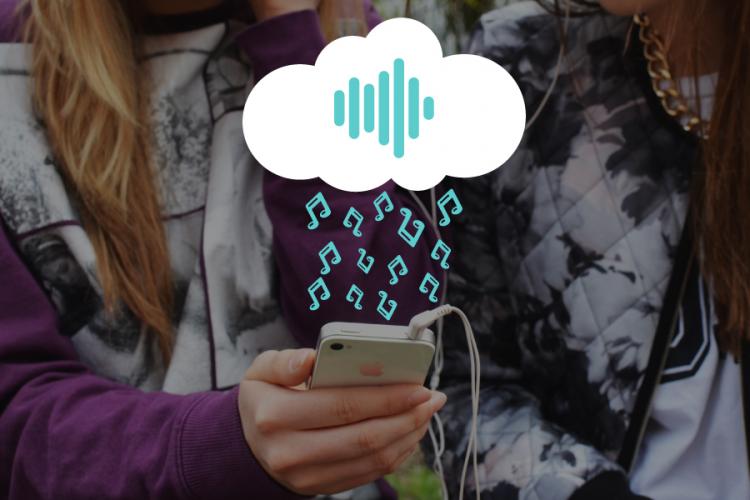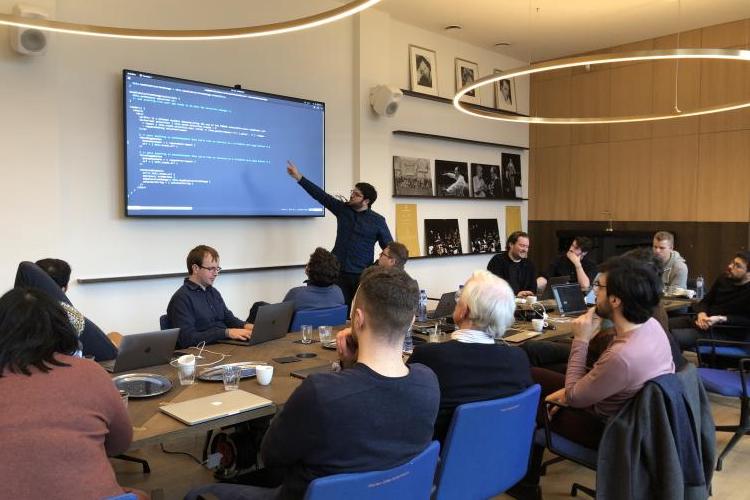Sharing Annotations of Scores and Sounds
The team at TROMPA is making headway on developing a new, interactive annotation environment within the music scholars use case. When studying performances of musical works, musicologists need access not only to a musical score, but often several recordings of that piece of music, and additionally need to make annotations connecting the musical score to the artistic choices of the performers. It’s the responsibility of scholars to make meaningful one to many connections between the score and the different recordings.



